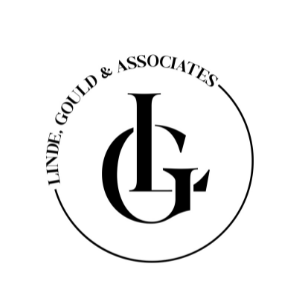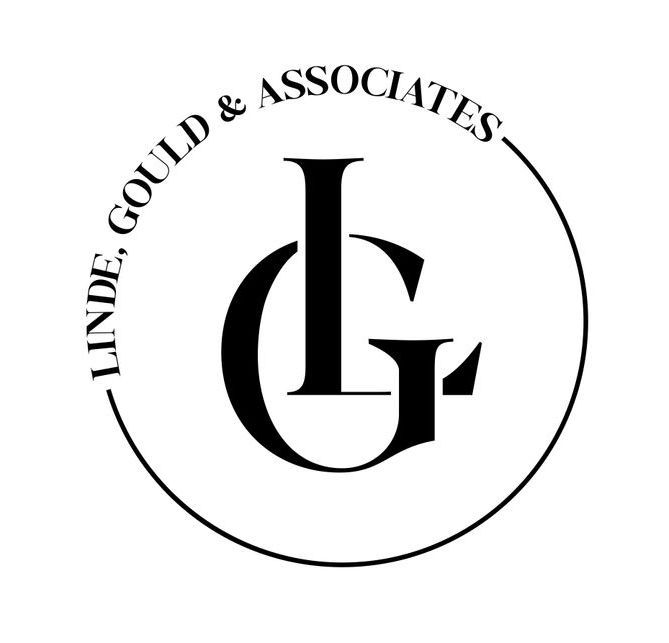Greetings reader - this is a post from Matthew Linde. This is a subject near and dear to my heart. Let's say that you have a close relative die and it looks like there is going to be a fight over their probate or trust matter. You need an attorney. So you go on Google and start looking around. Wow I feel your pain. There are so many ads how do you determine if someone is actually qualified.
I have been litigating probate and trust matters for over 25 years and I know most of the local attorneys. Thus, I know who is attempting to get your business, but is not qualified to act. I have had many clients com to me after their problem is critical only to have me tell them that there are things they could have done, but its too late now. If I was hiring an attorney where is what I would ask:
1. How many trust and probate litigated matters have you specifically handled ? I have litigated, not to trial, but litigated over 400 cases. However, I see many attorneys who advertise that they provide litigation trust and estate services and have litigated only a handful of cases in their life. That means the attorney is on a steep learning curve and you don't want them to learn while making mistakes on your case.
2. How many cases have you taken to trial in front of a judge or jury? I have litigated close to 20 different cases before a judge and jury. All the cases are probate and trust cases or deal with the incapacity of someone signing documents. About 1 out of every 20 of my cases go to trial. Again, you don't want someone to go to trial if they have tried one or two cases because that person will be learning and making mistakes on your case.
3. Have you done anything in your career that distinguishes you as a learned member of your subject area? I am board certified by the Florida Bar as an expert in wills, trusts and estates matters and also certified by the Florida bar as an expert in elder law. There are only about 12 people in the state of Florida with that classification. Many attorneys claim they know something about this area of law with minimal experience.
4. Have you ever litigated a matter before the court of appeals in Florida? If this a bigger issue than one would think because if an attorney has never litigated before the court of appeals, then that attorney will probably not understand the types of mistakes that a trial court judge can make that needs to be preserved. I have been to the court of appeals about 20 different times and have several positive written decisions for my clients.
5. Why do you practice in this area? I practice in this area because of what happened to my dad over 25 years ago. Basically, my dad was a victim of undue influence. That gives me a passion to obtain justice. This is not just another case with me as I have been there. For more information call me at 239.939.7100
If you have filed a petition to determine the capacity of a loved one and a petition to appoint a guardian, and the petitions are contested, you have to be careful. There is a very subtile trap that can occur when the hearing is contested. Usually, when the petition to determine incapacity (PTDI) is filed, the court will: appoint an attorney for the alleged incapacitated person (AIP), appoint an examining committee to evaluate the AIP and set a hearing on the petition to determine incapacity. However, if the PTDI is contested, often the hearing on the petition will be continued because the hearings are usually only set for a short period of time since most PTDI are not contested. The attorney appointed to the AIP can make this happen by filing an objection on the examining committee reports as allowed by Fla. Stat. 744.331(3)(i) So what happens if the PTDI you filed is heard several months later (not uncommon given the court schedule). If there is a hearing on an incapacity petition and the reports are several months old, then there is a real danger that the attorney for the AIP could show up with an expert who says the AIP has improved. If there is current expert testimony saying the AIP has improved then under Graham V. Fla. Dept. of Children & Families 970 So.2d 438 (Fla. 4th DCA 2007) the court should dismiss the petition. So what does one do? After all we who work in this field know that unless the person is comatose, it is likely that some expert for hire will say what the attorney for the AIP wants to hear. The answer is in the next blog on incapacity proceedings or call Cody & Linde, P.A. and speak with attorney Matthew Linde today.
What should you the attorney do if you suspect undue influence over one of your clients? In order this understand you need to carefully read Vignes v. Weiskopf 42 So.2d 84 (Fla. 1949). In this case the Florida supreme court comments on the responsibility of the attorney who drafted a document while the testator had questionable capacity. The supreme court stated that the attorney was in a catch 22 situation so the attorney's duty was to carefully document all aspects of the meeting(s), and fully apprise the court of the truth of the matter and let the court decide. Thus, here estate planners you have instructions from the supreme court to document fully the meeting with the testatrix/testator and prepare the documents. Now, that is of course qualified by your professional judgment. An attorney theoretically could be sued for conspiracy if it appears the attorney is helping the proponent of the document and that proponent is not the testator. Further, you as an attorney have a duty to apprise the situation and carefully advise your client on any estate planning options. The point of the Vignes case is that in close cases the attorney has support to fully document the meetings and prepare the documents.

